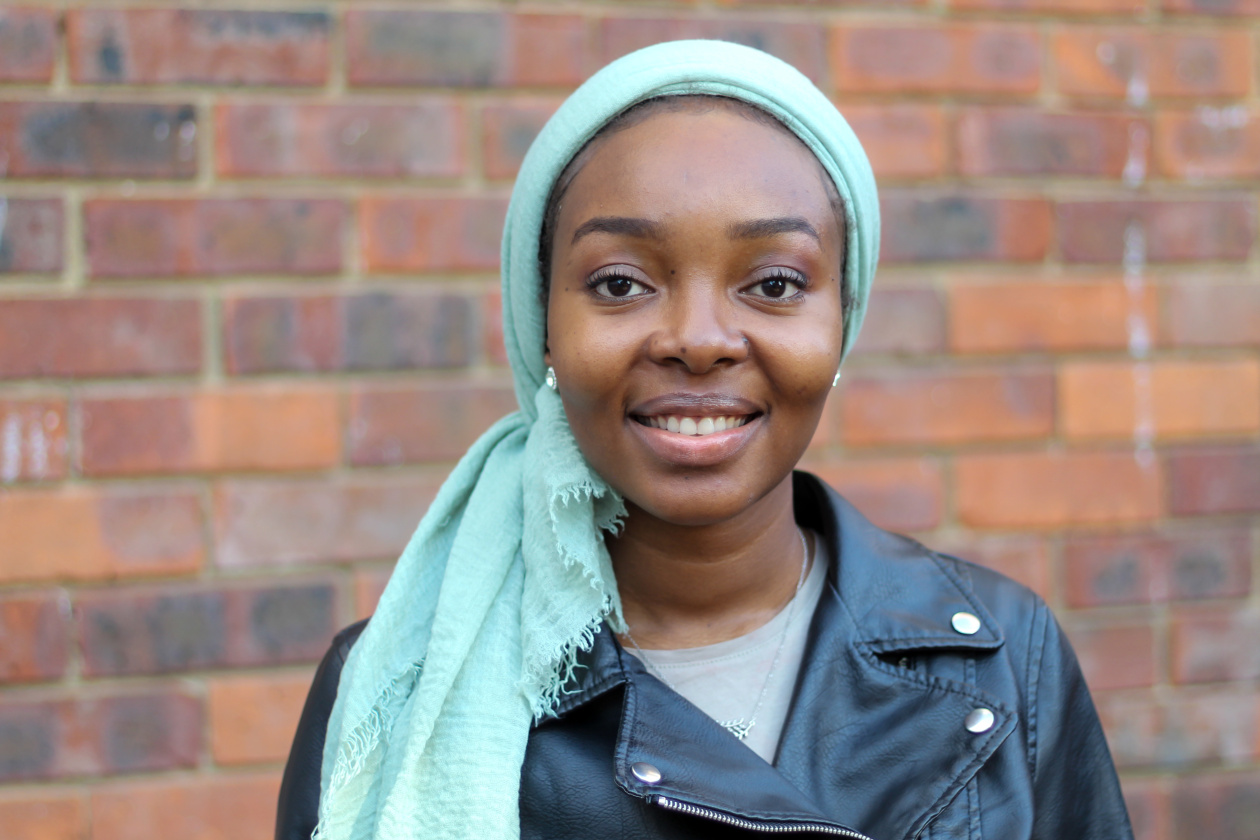 ©Hend Kheiralla/ Hend Kheiralla, young human rights defender
©Hend Kheiralla/ Hend Kheiralla, young human rights defender
Young activists: Is this UN resolution & EU action on your radar?
Last updated on Monday, 20/09/2021
With support for young human rights defenders and plans to give youth a bigger say in policymaking, here’s how the EU backs a UN Security Council call for more protection and participation of budding activists and peacebuilders.
Young people like you may well hold the key to a more peaceful world but often face hurdles – and even risks – when trying to contribute or engage in activism.
With that in mind, the UN Security Council unanimously adopted Resolution 2535 on Youth, Peace and Security in 2020. It’s the latest move by the UN’s most powerful body to give you a bigger role in peacebuilding, as well as preventing and resolving conflict, all while keeping you safe.
Interesting but a bit abstract, you say?
The UN Secretary-General’s Youth Envoy, Jayathma Wickramanayake, helps break it down.
‘Unfortunately, we often see that young people are invited to participate at the very end of the decision-making process, when it is too late for their opinion to be fully taken into account,’ she says. Resolution 2535, however, ‘presents young people in a new light – as valuable contributors and partners, not just passive beneficiaries.’
Engaged from the get-go
Thanks to the Youth Envoy, here are some highlights:
- It calls for ‘full, effective and meaningful participation of youth’ in all decision-making processes because it recognises that young people can have a ‘unique role in strengthening national, local and community-based capacities’ in conflict and post-conflict situations.
- It stresses the importance of engaging young people from the get-go – from planning and development to implementation and monitoring of peacebuilding, humanitarian assistance, reconciliation and more.
- It calls on countries to facilitate inclusive, safe, enabling and gender-responsive environments where young people are supported and can operate independently and without interference.
- It highlights the importance of equal access to justice, accountability for crimes committed against young people and the integrity of rule-of-law institutions – all of which could transform how young people’s reports of threats in civic spaces are treated.
The ‘2535 Resolution is especially important for all human rights defenders, peacebuilders and community activists who are exposed to threats and challenges because of their activism,’ Wickramanayake adds.
EU lifeline for activists
Wickramanayake’s office is leading follow-on action – the development of a global study on protecting young activists, which the EU plans to share and implement.
In fact, as a firm promoter and defender of human rights and democracy, the EU has long supported activists of all ages around the world with concrete actions including public diplomacy, trial monitoring and emergency assistance.
Worth noting: the EU adopted guidelines on human rights defenders back in 2004.
And it set up – and financed – a first-of-its-kind EU human rights defenders mechanism in 2015.
Wondering what that means? Quite a bit, actually.
Known as ProtectDefenders.eu and run by 12 NGOs, it provides emergency help to activists in the form of a 24-hour hotline, grants, temporary relocation and appeals to authorities.
‘ProtectDefenders.eu offers a set of complementary, practical and tailor-made programmes to ensure the protection of human rights defenders at risk, including young human rights defenders,’ says communications coordinator Javier Roura.
These programmes, he adds, also ‘support organisations, including local youth grassroots groups, especially those that are working in the most difficult places or those that are facing the most serious threats as a result of their work.’
In 2020, ProtectDefenders.eu helped more than 6 500 defenders. That included a young Syrian woman who faced threats for taking part in peaceful protest against corruption and deteriorating living conditions.
Despite the challenges they face, ‘young human rights defenders are true champions for change’, says Roura.
Among them is Hend Kheiralla from Sudan, who works with women and youth in her community.
In a recent social media campaign by DefendDefenders, a ProtectDefenders.eu partner, she appealed for youth inclusion in the new media age, saying it was crucial for implementing human rights practices both online and offline.
The 26-year-old has also written about hate speech in Darfur, worked on a Sudan hate speech lexicon and is not shy about speaking out on gender inclusion.
‘Women face all types of discrimination, exclusion, hate speech and pretty much the continuous act to downplay their voices and diminish the need for them to become leaders in their own communities,’ she says.
Supporting your say
Late in 2020, the Council of the EU adopted the EU Action Plan on Human Rights and Democracy 2020-2024, which includes support for human rights defenders, a long-standing EU priority.
Here’s the thing: The plan also says the EU will include youth in decisions that affect them at all levels, including in EU policymaking and implementation, and promote the ‘full, effective and meaningful participation’ of youth in all areas of public and political life.
So get ready to have your say and make an impact!